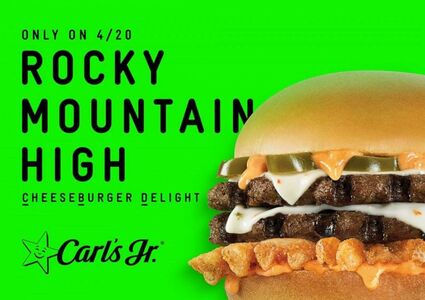 With the onslaught of the legalization of recreational marihuana, it is important to understand the difference between CBD-infused products and THC-infused. Both CBD (cannabidiol) and THC (tetrahydrocannabinol) are products of cannabis plants (e.g., marijuana and hemp). Both are therefore called cannabinoids, but there is a major difference. THC is intoxicating, whereas CBD is not. CBD will not create euphoria or a state of “high.” CBD also does not have the negative side effects of THC, such as addiction, psychosis, long-term effects on learning, cognition, and personality, “amotivational syndrome” (lethargy and loss of interest in achievement), bronchitis and respiratory infections, and increased risk of cardiovascular disease. Many medical benefits are claimed for CBD, but the only CBD product to receive approval by the Food and Drug Administration so far (June 2018) is Epidiolex, which is used to treat forms of epilepsy. The marketing of CBD-infused food, which is just beginning, will doubtless be a bridge for some to THC. For example, the creator of Jelly Belly jelly beans is marketing a CBD-infused edition. ABC News reported on this with the opening line, “Jelly bean aficionados will now be able to experience something stronger than a sugar rush” (“Creator of Jelly Belly released cannabis-infused jelly beans,” ABC News, Mar. 20, 2019). Also, Carl’s Jr. is testing a CBD-infused sandwich in Denver which is named Rocky Mountain High Cheese Burger Delight. The very name seems to promise an intoxicating effect. The way these products are marketed gives the false idea that they are a bit intoxicating, and it is probable that some customers who fail to get an expected “buzz” will be tempted to obtain the “real thing.” The legalization of recreational marijuana will have major, far-reaching negative societal ramifications. (Friday Church News Notes, April 26, 2019, www.wayoflife.org, [email protected], 866-295-4143) Comments are closed.
|
Archives
February 2020
|
Ads do not imply endorsement | Policy/Terms of Service | About Us | Contact Us | © Life Work Academy, Inc.
 RSS Feed
RSS Feed

